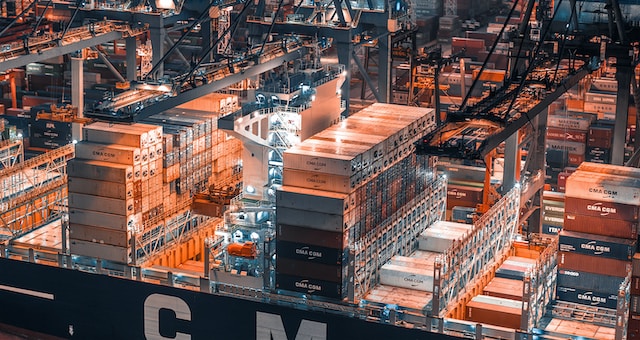
Contributed by Ms. Zhao Jing, Hylands Law Firm. For more posts about China Customs Affairs, please click here.
This post was first published in CJO GLOBAL, which is committed to providing consulting services in China-related cross-border trade risk management and debt collection. We will explain how debt collection works in China below.
Recently, we received an inquiry from Company A. The client said that the goods they had commissioned Chinese factories to produce for export from China were detained by Chinese customs because the customs suspected that the goods infringed the trademark rights of another Chinese company.
In the case of commissioned processing, the Chinese processing factory only received the processing fee. Therefore, the goods belonged to Company A and all the losses arising from the detention of the goods would be borne by Company A.
If you are Company A, what should you do to avoid or reduce these losses?
1. Prior inquiries about trademark registrations and filings
Before commissioning a Chinese factory, you should ask a Chinese lawyer to check whether there is any company or individual who has registered the same or similar trademark in China. If the trademark has been registered by a third party in China, you should also check whether the trademark has been filed in China Customs.
If the trademark has been registered and filed in Chinese customs, it is suggested not to process the goods in China, or not to display the trademark on the goods or packaging. Otherwise, they are likely to be found and detained by customs.
2. Measures to deal with detention of goods by China Customs
You may entrust a Chinese lawyer to decide whether the trademarks on the goods are really involved in the infringement.
If your lawyer believes that there is no infringement, he/she will provide relevant explanations to the customs, and the customs will then make a determination.
However, before the negotiation between the Chinese lawyer and the customs, the lawyer should obtain authorization from the Chinese exporter instead of you. This is because China Customs believes that the Chinese exporter should be responsible for the goods, not you. If the customs finally determines that the goods are not involved in the infringement of intellectual property, it will release the goods.
If your lawyer believes that there may be infringement, Company A is advised to proactively contact the registered trademark owner in China for settlement. For example, you could pay the right owner a certain fee to allow the goods can continue to be exported.
If the customs ultimately determines that there is an infringement and no settlement can be reached between you and the right owner, the goods will be confiscated by the customs.
Contributor: Zhao Jing
Agency/Firm: Hylands Law Firm
Position/Title: Partner
* * *
Do you need support in cross-border trade and debt collection?
CJO Global's team can provide you with China-related cross-border trade risk management and debt collection services, including:
(1) Trade Dispute Resolution
(2) Debt Collection
(3) Judgments and Awards Collection
(4) Bankruptcy & Restructuring
(5) Company Verification and Due Diligence
(6) Trade Contract Drafting and Review
If you need our services, or if you wish to share your story, you can contact our Client Manager Susan Li (susan.li@yuanddu.com).
If you want to know more about CJO Global, please click here.
If you want to know more about CJO Global services, please click here.
If you wish to read more CJO Global posts, please click here.
Contributors: Zhao Jing









